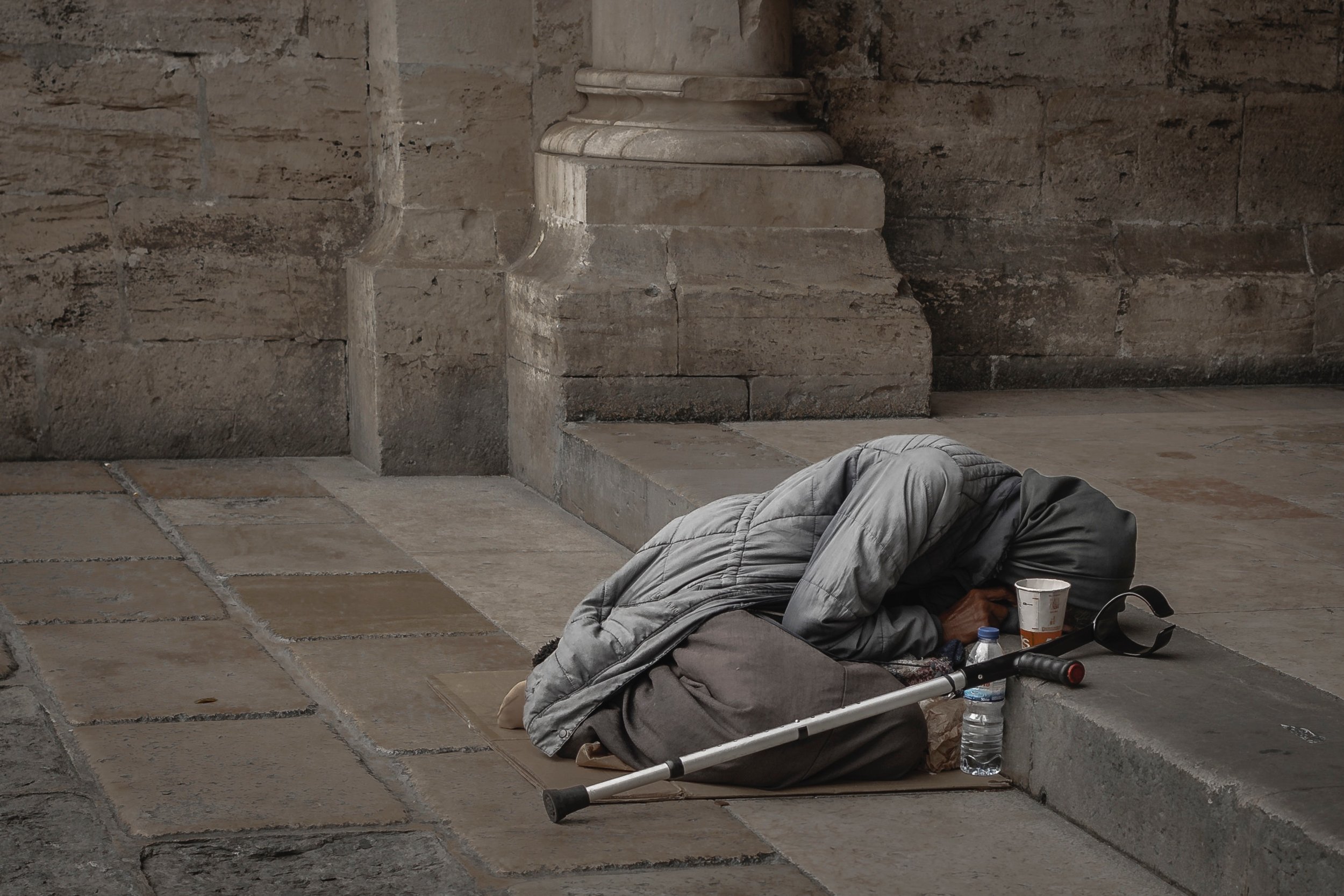
2023 Design for Change
National HCD Competition
Duration:
6 weeks
My Role:
UX Research | Visulized Idea |
Video Editing
Team Name:
Game Changers
Team Members:
Me, Jana Anani, Iman Arain,
Yiyang(Jenny) Kong, Gabrielle Woodside
Introduction
I participated in the 2023 Design for Change competition organized by Hackworks with my friends from UofT. It is a human-centred challenge focusing on addressing homelessness.
Our team achieved First Place in this national competition that had over 400 participants from 35+ universities.
Background Research
Target Identification
Based on the research, we concluded to aim at helping with the issue of limited access to healthcare services and support for homeless women in Toronto.
Due to their vulnerability, homeless women are at a higher risk of encountering health complications, particularly with regard to their sexual and reproductive health. Our goal is to provide them with the necessary resources to meet their health needs.
Evidence-Driven Exploration
Unsheltered Women Homelessness Trend According to Statistics Canada
75%
75% of The Homeless Suffer from At Least One Chronic Illness
In-Depth Research & Analysis
To gain a comprehensive understanding of the effectiveness of the current support system, as well as the needs and obstacles faced by homeless women, we would like to conduct primary research.
Team Challenge:
Ethical Constraints VS Need for User Insights
The research process posed a challenge as direct contact with homeless individuals for primary research was deemed ethically sensitive due to their vulnerability.
However, understanding the users' firsthand requirements and real-life experiences was crucial, making primary research essential.
Alternatives: Leveraging Organizational Collaboration
To overcome the challenges of direct contact, our team reached out to seven organizations serving individuals experiencing homelessness.
Notably, I connected with SISTERING, an organization supporting homeless women, and conducted in-person interviews with Gael Gilbert, the executive director, and staff members who had personal experiences of homelessness.
The collaboration provided valuable insights while respecting ethical considerations surrounding vulnerability.
Collaborated Partners

Uncovered User Needs
01Need for access & awareness
Homeless women have logistical barriers, financial barriers, and a lack of knowledge regarding existing services; this can be due to a lack of trust and stigma towards medical practitioners from negative past experiences.
02Need for continuity
Through our research, we identified that homeless women need continuity with their physicians to avoid repeating their medical state and to build trust over again.
03Cultural Diversity
Toronto is a diverse city that is home to many immigrants and refugees from varying cultural backgrounds, which poses language & religious barriers that we identified as opportunities to tackle.

How could healthcare services efficiently assist unhoused women in need?
Design Approach
Based on the insights gathered from interviews, we proposed developing a mobile team of medical staff that will provide women-centric healthcare to homeless communities.
Accessibility & Consistency
An RV outfitted with healthcare equipment and supplies will travel between Scarborough areas to ensure accessibility and consistent provision of service.
Overcome Culture Barriers
A team of medical professionals, volunteers, and translators will work together to provide education and overcome language and religious barriers for unhoused women to understand the significance of healthcare.
Solution Blueprint
Made by DALL.E
Mobile Clinic-Exterior
Mobile Clinic- Interior
Free Supplies Sketch
Final Deliverable
Personal Growth & Reflection
The interview process proved to be an eye-opening experience, unearthing unexpected insights that profoundly influenced our design approach. One particularly striking revelation was the deliberate choice made by some target users to embrace homelessness, opting to remain within their street community rather than accepting provided housing and potentially facing isolation. These findings served as a powerful reminder of the critical role played by thorough research in truly understanding the needs of our intended users.
As a UX designer, this project underscored the importance of recognizing that not every problem demands a digital solution. Instead, the key to crafting a truly impactful and meaningful product lies in tailoring it to address the specific needs of users and enrich their overall journey.
Reference: Photo by James Frid: https://www.pexels.com/photo/a-beggar-lying-on-the-floor-12797999/
icon: icons8.com



